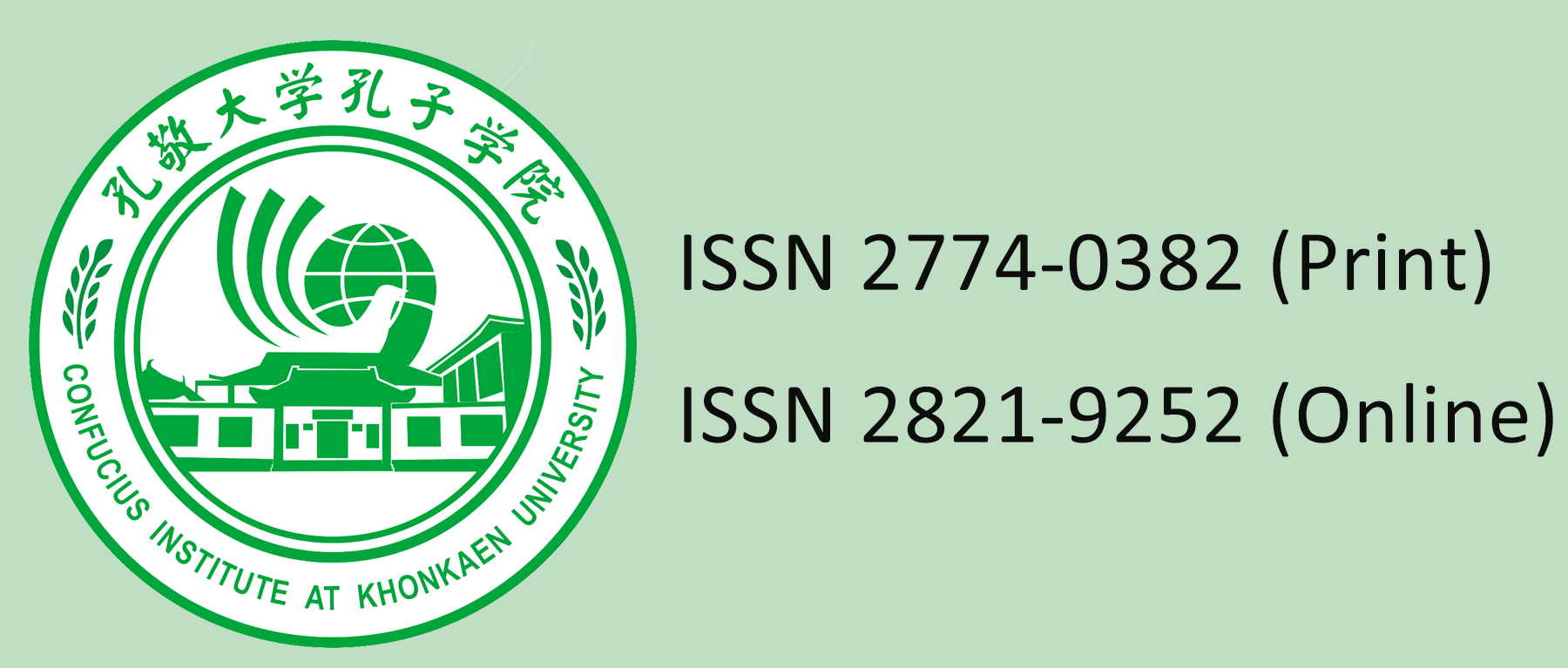A Qualitative Study of Intercultural Adaptation of International Students Staying in Chinese Universities: Take Southwest University as an Example
Main Article Content
Abstract
The competence for intercultural adaptation is one of the indispensable abilities of international students. Under the special background of the COVID-19 pandemic and post-epidemic era, international students staying in Chinese universities have been facing new challenges in intercultural adaptation. This paper collects primary materials through time-tracking and in-depth interviews, sorts and codes them based on the grounded theory by employing the NVivo12 software, and builds the research model of intercultural adaptation for international students staying in Chinese universities, with an aim to illuminate the relationship between current situation, attributions and interventions. The results indicate that three major attributions, i.e. language skills, knowledge building and emotional factors, and two existing interventions, i.e. dominant intervention and recessive edification, both have significant effects on intercultural adaptation of international students staying in Chinese universities. Based on the findings, some suggestions are proposed to facilitate the intercultural adaptation of international students staying in Chinese universities and those returning from abroad to Chinese universities to promote the connotative development of internationalization of higher education in China in the post-epidemic era.


